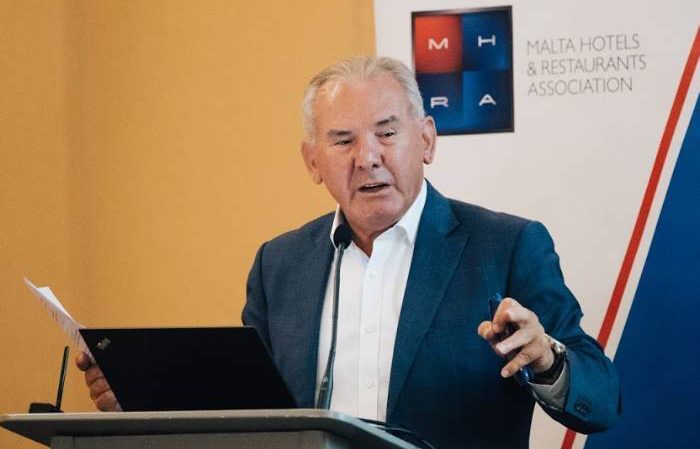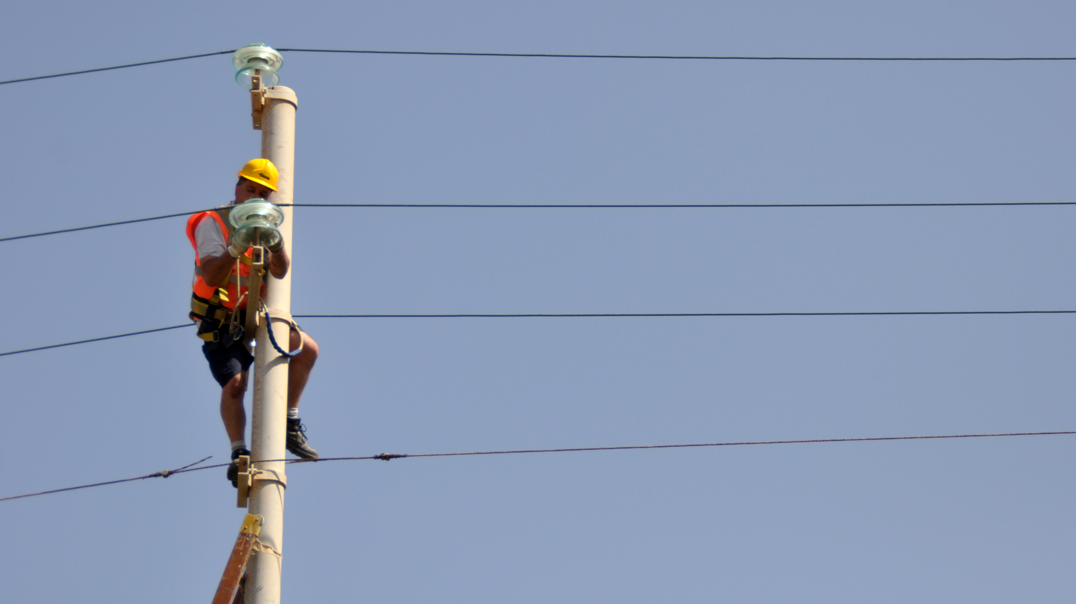Recent power cuts permeating from the national electricity grid, managed by Enemalta – the country’s main energy services provider – have proven to be a final straw for many local businesses struggling under the weight of a recession, COVID-19 and straggling tourist arrivals.
Leading representatives of Malta’s business lobbies share their opinions on this predicament: what can Enemalta, in concert with the private sector, do to prevent repetitions of the recent outages? How severe has the financial dent on businesses been because of the power cuts, and what can businesses do to minimise the effects based on their own initiative?
A consensus behind the necessity of change

Marisa Xuereb, President of The Malta Chamber argues that construction booms, corresponding with urban population growth in localities such as Marsaskala, Birkirkara and Naxxar, have led to an increase in demand for energy. She contends that “in such areas, energy demands are highly fragmented and uncoordinated, and hence distribution networks need to be more robust to be able to handle fluctuations”.
“All this is highly predictable, which is why when power outages happen, there can be no excuses. There needs to be adequate investment in all areas, and before sanctioning further development in specific areas, we need to make sure that the supporting infrastructure is in place”, she says.
These three localities were the most severely impacted by the recent cuts, placing other, densely populated areas undergoing construction booms at risk.
Ms Xuereb also highlights the strain power cuts place on smaller businesses, such as restaurants, small-scale retailers and department stores, when an alternative to the national grid is not present. Elaborating, Ms Xuereb says that “businesses located in such urban areas are typically smaller businesses that are even more heavily impacted by power cuts because they would not normally have backup systems in the form of generators or energy storage systems connected to PV systems.”

The issue of energy supply is one that many business owners have repeatedly asked the authorities to address, but has, as of yet, remained unanswered. Tony Zahra President of the Malta Hotels and Restaurants Association (MHRA) lays the blame on Enemalta, arguing that it failed to improve the distribution network which he describes as “not strong enough”.
“Enemalta should not keep on using energy cables that have been around for the past 50 years. The distribution of energy, not the source, is the problem, and it is necessary for Enemalta to start investing in the grid in order to improve the supply of electricity to businesses,” he says.
While the reliance on the national grid is a reality for most smaller businesses, Mr Zahra still believes that Enemalta is a feasible and realistic provider in the long-term, contending that “there is no need for a privately-run system. What the current system requires is much more attention and investment from Enemalta in order for it to work more effectively.”

Meanwhile, as opposed to retaining a public, general-purpose grid, the Malta Chamber of SMEs proposes the construction of four smaller power stations is built across Malta, rather than relying on the Delimara Power Station managed by the parastatal consortium Electrogas.
Through such an initiative, sprawling urban areas could have a more reliable supply of electricity that would be able to bypass certain complications in distribution from a grid that has to supply both densely and sparsely populated localities, the SME Chamber muses.
Pressure points: restaurants in the red
While it is impossible to calculate the precise costs and losses caused by the outages, Mr Zahra argues that between the two principal industries represented by the MHRA, restaurants have certainly suffered considerably more than hotels.
“One must separate restaurants and hotels at this time. A short interruption in supply for hotels, since most have their own, privately-run generators, is not a major problem, but can be for restaurants. Most restaurants have to rely on the grid managed by Enemalta.”
On its part, the Chamber of SMEs points out that some businesses that make use of heavy machinery and cold rooms have also seen a sharp rise in costs due to the power cuts. Indeed, anecdotally, one local butcher who spoke to BusinessNow.mt lost a whole week’s worth of production due to a prolonged power cut in Marsaskala.
Furthermore, The Malta Chamber President muses that “demand for energy will continue to increase over time, particularly as summer temperatures are expected to get warmer, the use of air-conditioning continues to proliferate, and more electric vehicles will hit the roads”.
Similarly to Mr Zahra, Ms Xuereb raises concerns regarding the energy grid’s ability to match rising demands and contends that Malta does not have a problem with energy generation capacity, but rather with distribution:
“Barring major issues with the interconnector, increases in demand can be met. The second interconnector that has been committed to will provide security of supply going forward. But it is evident that the distribution network is not up to standard and requires constant hefty investment.”
Compensation and compromise
While problems persist, The Malta Chamber, the MHRA, the Chamber of SMEs and the Malta Employers Association (MEA) are concurrently conducting discussions with Enemalta to streamline compensation towards businesses. The Chamber of SMEs has confirmed that continuous communication with Jason Vella, CEO at Enemalta has made clear that the company is diligently assessing all claims made by SMEs.
For Mr Zahra, the streamlining of concessions should be strategically managed by Enemalta to accommodate restaurants that have been hurt during ‘rush-hours’, whilst avoiding giving handouts to all businesses. Here, he encourages business owners to their individual claims.
“Depending on how much money they lost, they should substantiate their claims with Enemalta. “If a restaurant suffered a power outage during busy hours, its owner would have a legitimate claim to compensation; on the other hand, if the outage took place outside of busy hours, that would be a different story. Handouts should not be given for free to everyone without a justification for compensation,” Mr Zahra elaborates.

Joanne Bondin, MEA President, argues that Enemalta can compensate businesses by reconsidering electricity fees, saying that “what we can ask for as representatives of employers is an overall reduction in energy rates to make our businesses competitive.”
Ms Bondin also points out that the necessity of preventing unnecessary outages is further exacerbated by the major devastating impact of COVID-19 on businesses everywhere.
Shadow Minister for Energy and Water Policy, and Sustainable Development, Ryan Callus, has criticised Government and Electrogas for not appropriately investing in the energy grid while much controversy has surrounded the state’s energy projects.
Minister for Energy, Enterprise and Sustainable Energy, Miriam Dalli, meanwhile, has confirmed that plans to resolve faults in Enemalta’s distribution network are underway.
European Parliament adopts regulation making it easier for companies to be paid on time
The maximum credit term under the new Late Payment Regulation is to up to 120 days, for some sectors
French ATC strike forces Ryanair to cancel over 300 flights, affecting 50,000 passengers
The low-cost carrier is demanding the EU carries out reforms to ensure travel continues undisrupted
Valletta ranks 8th most expensive European capital city to live in – study
While London is the most expensive, Bucharest is the most affordable







